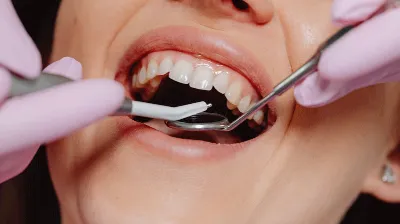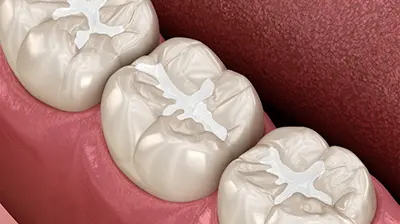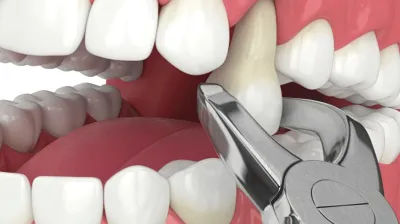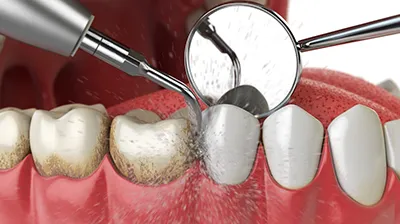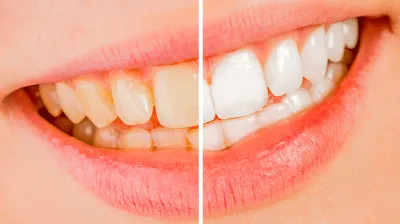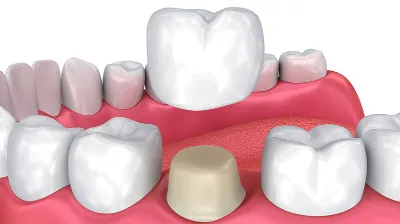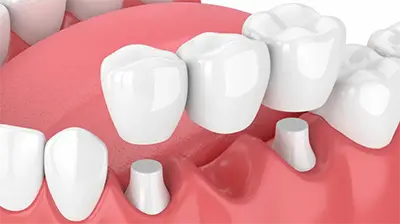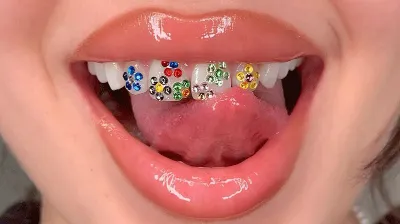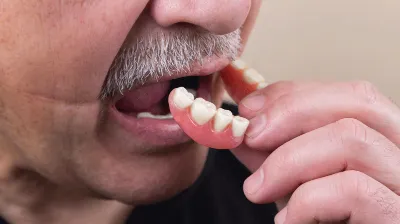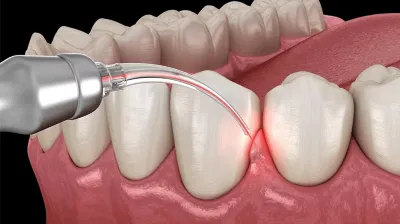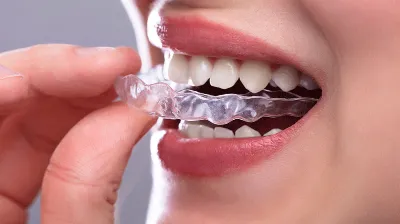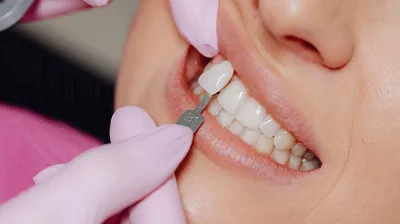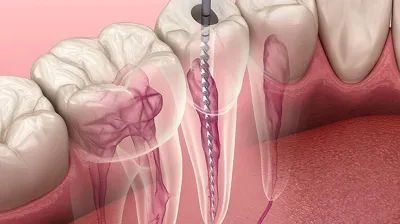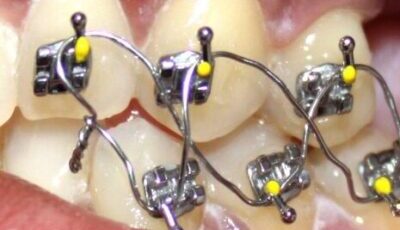Root Canal: Process, Aftercare, Side Effects & Cost
Every Smile Dentistry provides professional Cosmetic Dental Care to make your smile look its best. We want you to be happy with your smile, so we are dedicated to making sure that your dental results are natural-looking, life-changing and long-lasting.
Patient-Centered Care
Tailored, comfortable dental services for every individual smile.
All Medical Aids Welcome
Quality dental care made accessible by accepting all medical aids.
Transparent Pricing
Exceptional care at honest prices, ensuring value for every patient.
Providing Quality General Dentistry with Experienced Doctors
Get a dental health checkup with a dentist that has your best interest in mind and offers fair rates.
1. Book An Appointment
Visit our website and book an appointment with one of our experienced dentists.
2. Come In For A Consultation
Our team will sit down with you and discuss your dental needs and goals.
3. Get The Perfect Smile
We’ll work with you to develop a treatment plan that will get you the perfect smile.
What is a Root Canal?
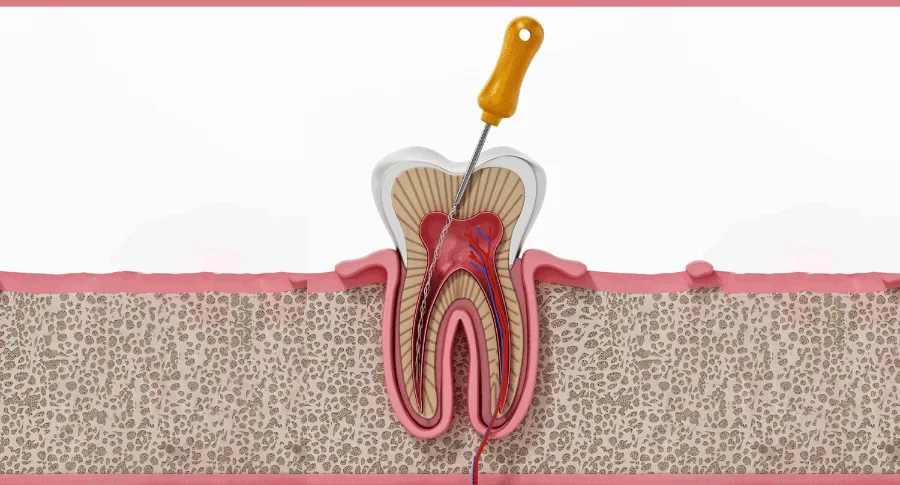
A root canal is a procedure that removes infected tissue from inside a tooth’s root. This procedure can save your teeth and prevent the spread of infection.
If you have severe pain or sensitivity in your tooth, you may need a root canal.
A root canal is usually performed by a dentist or endodontist (a dentist who specializes in treating teeth).
The doctor will numb the area with local anaesthesia and remove the infected pulp from inside your tooth’s root.
The pulp contains blood vessels, nerves, and connective tissue—and it’s what hurts when your tooth is infected.
The dentist will then clean the infected area and seal it off with a filling material or crown to prevent bacteria from reentering.
The most common symptoms of an infected tooth are pain when chewing or cold sensitivity.
You can also experience swelling and tenderness around your gum line, redness or discolouration of gums around the affected tooth, or pus draining out of the area where your nerve connects to your gums (called a periapical cyst).
Reasons Why You Might Use A Root Canal
Root canal treatment is done when the soft inner part of the tooth, called the pulp, is damaged, inflamed, or infected.
The crown (the visible part of the gum) remains intact even when the pulp dies. Removing damaged or infected pulp is the best way to preserve tooth structure.
Common causes of damage to pulp are:
- Deep caries due to untreated cavities
- Multiple dental procedures on the same tooth
- chipped or cracked tooth
- Tooth damage (a blow in the mouth can damage the tooth; even if the damage does not break the tooth, the pulp can be damaged)
Process Of A Root Canal
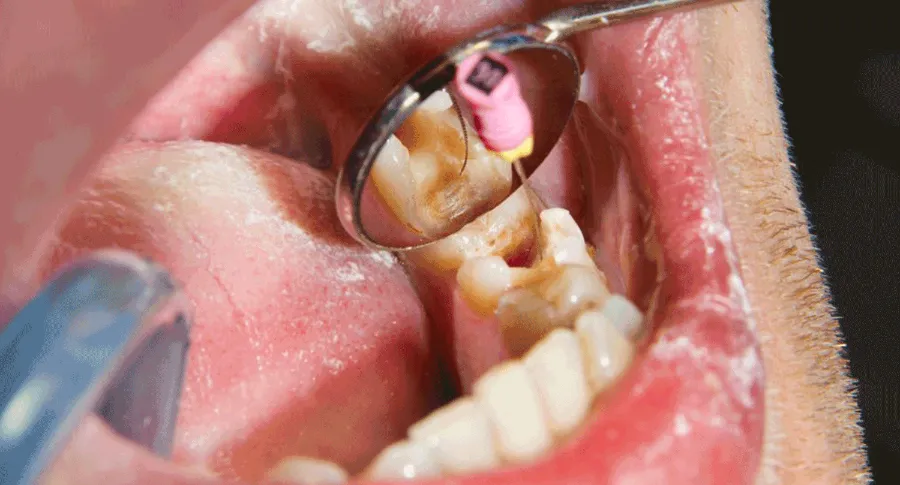
Root canals are one of the most common procedures performed by dentists. A root canal procedure is used to treat the pulp or soft tissue within your tooth.
The pulp contains blood vessels, nerves and connective tissue that helps support your tooth. The pulp also contains tiny tubules—spaces within the tooth—that connect with other parts of your body. These tubules allow bacteria to enter a tooth and infect it.
When bacteria infect a tooth, they can cause pain and inflammation. They can also spread through the body through these tubules, causing infection in other areas of your body.
During a root canal procedure, the dentist will remove all or part of the pulp from your infected tooth in order to prevent further damage to surrounding healthy tissue and bone, as well as prevent further spreading of infection throughout your mouth and body.
After removing all or part of the infected pulp, the dentist will clean out any remaining debris from inside your tooth and then seal it up with a filling material like gutta-percha (a natural rubber-like substance) or acrylic resin (a plastic).
What Happens After A Root Canal
A root canal procedure is regarded as therapeutic. The majority of patients who get the operation are able to benefit from the favourable outcomes for the rest of their lives.
However, how well you take care of your teeth will determine how long the effects persist. Your restored tooth has to be cleaned and flossed on a regular basis, just like the rest of your teeth do.
Root Canal Risks
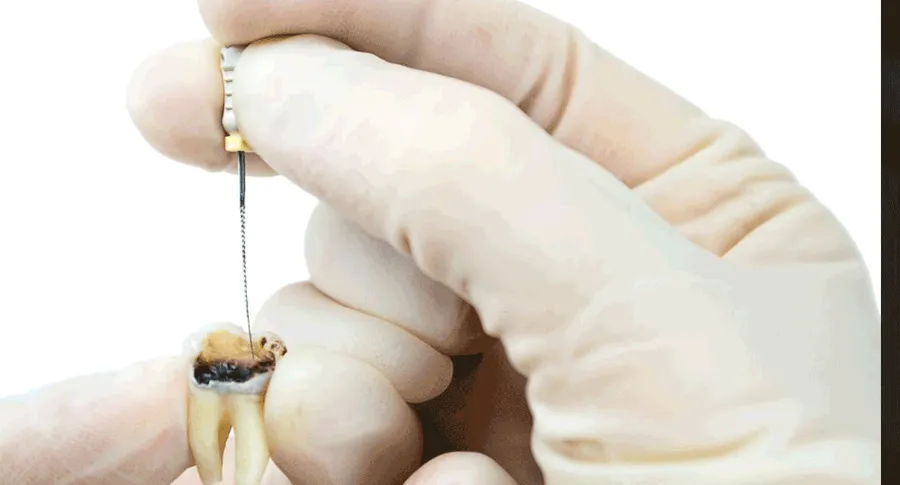
Your tooth is attempted to be saved by having a root canal. The method, however, cannot always be used because the damage is too severe or the enamel is too weak. These elements may result in tooth loss.
If part of the diseased material is left behind or if the antibiotics are ineffective, there is also a danger of an abscess at the tooth’s root developing.
Consult your dentist about an extraction if you’re worried about getting a root canal.
This frequently entails replacing the broken tooth with a partial denture, bridge, or implant.
Root Canal: Aftercare
After a root canal, you should take some important steps to ensure that your tooth is healthy.
Step 1: First, make sure to use the prescribed mouth rinses and antibiotics as directed. This will help to prevent infection and reduce swelling.
Step 2: Second, it’s important to avoid hard or crunchy food for at least two days after your procedure. If possible, avoid chewing on the side of your mouth where you had the root canal for 24 hours after your procedure.
Step 3: Third, use an over-the-counter pain reliever as directed by your dentist if you experience any discomfort.
Step 4: Finally, schedule a follow-up appointment with your dentist within one week to ensure that all is well!
Side Effects Of Root Canal
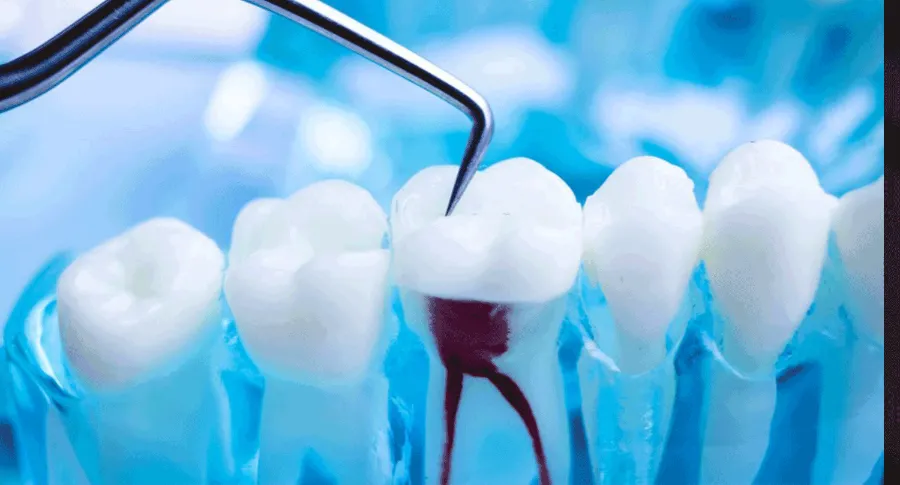
The most common side effect of a root canal is tooth sensitivity. Your dentist will discuss this issue with you before and after your procedure, so they can recommend ways to manage it, including using products like fluoride-free toothpaste or applying special desensitizing gels directly to your teeth.
Other possible side effects include:
- Temporomandibular joint problems (TMJ). If your jaw joints are not properly aligned, they may grind together when you chew or open your mouth wide—leading to TMJ pain or headaches. Your dentist can help with this by making sure your bite is corrected before starting treatment.
- Infection in surrounding tissues or bone loss around the site of treatment due to infection or improper healing after surgery or trauma caused by an accident involving impact on the face or head (which can result in broken jaw bones). The latter condition requires additional dental work that might not have been necessary had proper dental hygiene been followed from
What is the cost of a root canal In South Africa
The cost of a root canal in South Africa can vary depending on a number of factors, including the location of the tooth, the complexity of the procedure, and the type of dental insurance coverage you have.
In general, the cost of a root canal can range from around ZAR 2,500 to ZAR 4,000 or more, depending on the circumstances.
It is best to consult with a dentist or dental specialist to get a more accurate estimate of the cost of a root canal in your specific case.
It is important to note that dental insurance coverage may vary and may not cover the full cost of a root canal.
It is a good idea to check with your insurance provider to see what your coverage includes and to find out if there are any out-of-pocket expenses you will be responsible for paying.

Every Smile Dentistry Treatments
Every Smile Dentistry is a professional dental practice that includes General, Cosmetic, Aesthetic, and Emergency for you and your family with a team of experienced dentists and friendly prices.
Frequently Asked Questions
You can always submit a contact request if you have more questions or email info@everysmile.co.za
How long do root canals last?
This study found that 86% of root canals last ten years or more, 92% last five years, and 98% last a year. Molars treated by endodontists had a much higher 10-year survival rate than those treated by conventional dentists.
Do you always need a crown after a root canal?
The amount of tooth structure left over following a root canal usually dictates whether a crown is necessary. Typically, a crown is recommended to repair the tooth’s structural integrity if more than half of the tooth is missing.
What happens after a root canal?
The removal of the nerve and blood supply during a root canal causes the tooth to become dry and brittle. The tooth is held together with a dental crown, which offers the tooth the necessary strength and longevity.
WHAT PEOPLE ARE SAYING ABOUT US
Don't just take our word for it.
EXCELLENTTrustindex verifies that the original source of the review is Google. I visited Every Smile Dentistry for the first time today and I am pleased with the service I received. The receptions was very warm and welcoming. I was attended to by Dr A Somtunzi who was also so friendly and welcoming. I had my teeth cleaned and a filling done. She gave a detailed explanation of what needed to be done. She was so gentle and I felt no discomfort at all. I’m happy with the work she did. Outside the excellent service, I think the thoughtful gesture of having ladies essentials in the rest room for everyone to use won my heartPosted onTrustindex verifies that the original source of the review is Google. Did a filling and washing of teeth. Amazing pain-free experience, user friendly from online booking to sitting on the dental chair. GQEBERHA branch treated me soft.Posted onTrustindex verifies that the original source of the review is Google. Haven't gone to the dentist in years so I was really nervous about this visit but the atmosphere in that office? So calm and so friendly. I would recommend this place to everyone, Sthabile Aphiwe Majola is definitely the kind of dentist everyone wants to have✨✨.Posted onTrustindex verifies that the original source of the review is Google. Best place ever,first the receptionist is so friendly and welcoming and the doctors are the best they make you feel comfortable before everything I would recommend them to anyone👌Posted onTrustindex verifies that the original source of the review is Google. The staff ,Dr Govender they are so friendly, they made me to feel very comfortable I would go there every time I want to do my teeth
Locations We Serve
Every Smile Dentistry offers a team of experienced dentists in South Africa in a variety of areas with friendly prices.

